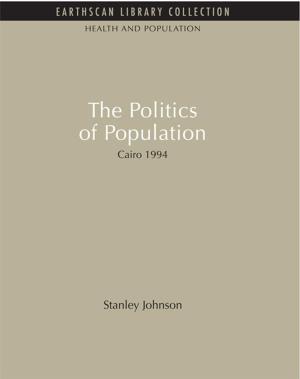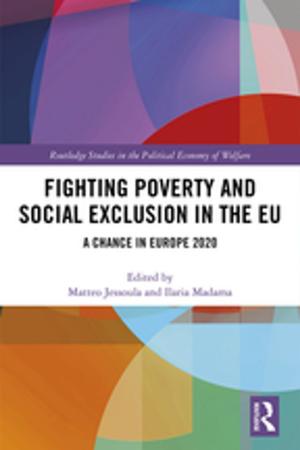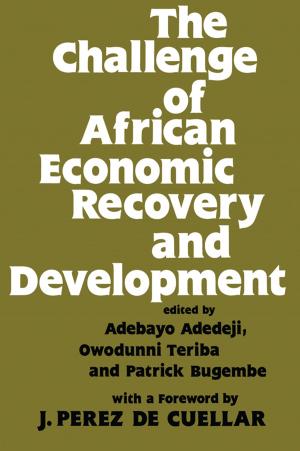The Privileges of Wealth
Rising inequality and the growing racial divide
Business & Finance, Economics, Microeconomics| Author: | Robert B. Williams | ISBN: | 9781315395562 |
| Publisher: | Taylor and Francis | Publication: | November 25, 2016 |
| Imprint: | Routledge | Language: | English |
| Author: | Robert B. Williams |
| ISBN: | 9781315395562 |
| Publisher: | Taylor and Francis |
| Publication: | November 25, 2016 |
| Imprint: | Routledge |
| Language: | English |
The American Dream is under assault. This threat results not from a lack of means, but from an unwillingness to share. Total household wealth increased by half in the past generation, but barely one fifth of American households captured this new wealth. For the rest, the dream of owning a home, gaining a secure retirement, and ensuring a college education for their kids is disappearing. Worse still, the widening wealth divide largely tracks our racial fault lines.
The Privileges of Wealth investigates the impact of the rising concentration of wealth. It describes how households accumulate wealth along three pathways: household saving, appreciation of assets, and family gifts and inheritances. In addition, federal wealth policies, in the form of assorted tax deductions and credits, act as a fourth pathway that favors wealthy households. For those with means, each pathway operates as a virtuous cycle enabling families to build wealth with increasing ease. For those without, these same pathways are experienced as vicious cycles.
The issue of wealth privilege is even more pronounced when examining the racial wealth gap. Typically, White households own ten times the wealth of Black or Latino families. This chasm results from the durability and transferability of wealth across generations and serves as a persistent legacy of our history of racial enslavement, expropriation, and exclusion. Current policies favoring the wealthy are simply cementing these wealth disparities.
This book explains how these sources of wealth privilege are systemic features of our economy and the basis of rising disparities. The arguments and evidence presented here offer a compelling case for how our current policies are undermining the American Dream for most Americans while fortifying a White plutocracy, with dire consequences for us all.
The American Dream is under assault. This threat results not from a lack of means, but from an unwillingness to share. Total household wealth increased by half in the past generation, but barely one fifth of American households captured this new wealth. For the rest, the dream of owning a home, gaining a secure retirement, and ensuring a college education for their kids is disappearing. Worse still, the widening wealth divide largely tracks our racial fault lines.
The Privileges of Wealth investigates the impact of the rising concentration of wealth. It describes how households accumulate wealth along three pathways: household saving, appreciation of assets, and family gifts and inheritances. In addition, federal wealth policies, in the form of assorted tax deductions and credits, act as a fourth pathway that favors wealthy households. For those with means, each pathway operates as a virtuous cycle enabling families to build wealth with increasing ease. For those without, these same pathways are experienced as vicious cycles.
The issue of wealth privilege is even more pronounced when examining the racial wealth gap. Typically, White households own ten times the wealth of Black or Latino families. This chasm results from the durability and transferability of wealth across generations and serves as a persistent legacy of our history of racial enslavement, expropriation, and exclusion. Current policies favoring the wealthy are simply cementing these wealth disparities.
This book explains how these sources of wealth privilege are systemic features of our economy and the basis of rising disparities. The arguments and evidence presented here offer a compelling case for how our current policies are undermining the American Dream for most Americans while fortifying a White plutocracy, with dire consequences for us all.















